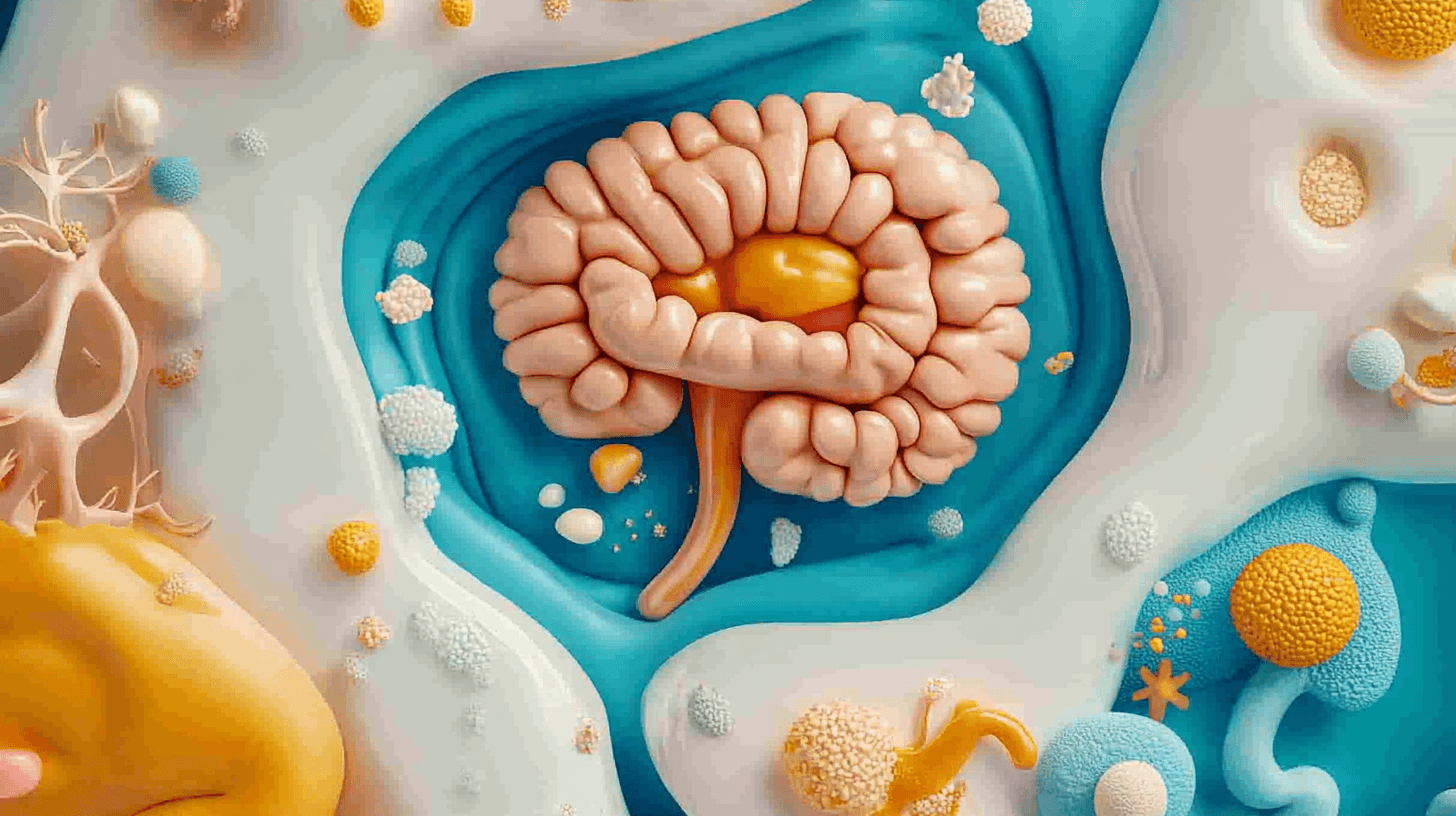taming the IBS beast: understanding stress, food, and hormonal factors
28 Oct 2024
I
1 min

Dr. Annewsha Acharjee
Ayurveda @ Lavi
living with irritable bowel syndrome (IBS) can be unpredictable and challenging. however, understanding its triggers—particularly stress, food, and hormonal factors—can greatly improve our ability to manage symptoms and enhance quality of life. let’s dive into these common triggers and explore practical ways to manage them.
common IBS triggers
first off, stress is a significant trigger for many people with IBS, as it impacts gut function in profound ways. then there’s food, where certain items can worsen symptoms. hormonal changes also play a major role, especially for women during menstrual cycles, menopause, or pregnancy. other factors, like travel or routine changes, can further exacerbate IBS symptoms.
stress
when it comes to stress, anxiety often heightens gut sensitivity, making IBS symptoms more noticeable. depression can disrupt gut motility, leading to either constipation or diarrhoea, while physical stress from infections or surgeries can also worsen symptoms.
to manage stress:
mindfulness practices: meditation, yoga, and deep breathing exercises like pranayama can help calm the mind and reduce IBS flare-ups.
regular exercise: aim for at least 30 minutes of physical activity five times a week to improve mood and gut health.
journaling: writing down your thoughts can be an effective outlet to release stress and track mental triggers.
food triggers
certain foods can trigger IBS symptoms:
high-FODMAP foods can cause gas and bloating.
dairy may be problematic for those who are lactose intolerant.
gluten can be an issue for individuals with sensitivities.
spicy or high-fat foods can irritate the gut.
since food triggers vary, keeping a food diary is a good practice. this can help you identify specific foods that work for you and those that trigger symptoms. consulting with a nutrition expert for a personalized diet can also be beneficial in finding the right balance.
hormonal triggers
hormonal changes are another factor to consider:
menstrual cycles: for many women, the cycle can increase intestinal contractions, leading to discomfort.
menopause: the drop in estrogen during menopause can change bowel habits.
pregnancy: rising hormone levels during pregnancy can relax the digestive system, sometimes causing symptoms like constipation.
to manage these hormonal influences:
track symptoms alongside your cycle: understanding the timing of symptoms can help you anticipate and manage them.
maintain a healthy lifestyle: consistent diet and exercise can provide stability through hormonal fluctuations.
additional tips for IBS management
here are a few more tips to keep in mind:
establish a routine: consistency helps regulate digestion.
stay hydrated: drinking plenty of water is essential for gut health.
get quality sleep: aim for 7 to 8 hours of sleep each night.
incorporate physical activity: regular exercise can boost metabolism.
practice relaxation techniques: meditation and yoga can support both mind and body.
by understanding how stress, food, and hormonal factors affect IBS, we can take meaningful steps to manage our symptoms. if you’re looking for support, services like Lavi offer tailored dietary plans and stress management techniques to help you on your journey to better gut health.
start your health journey today






